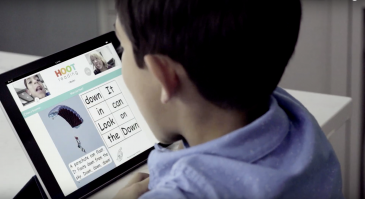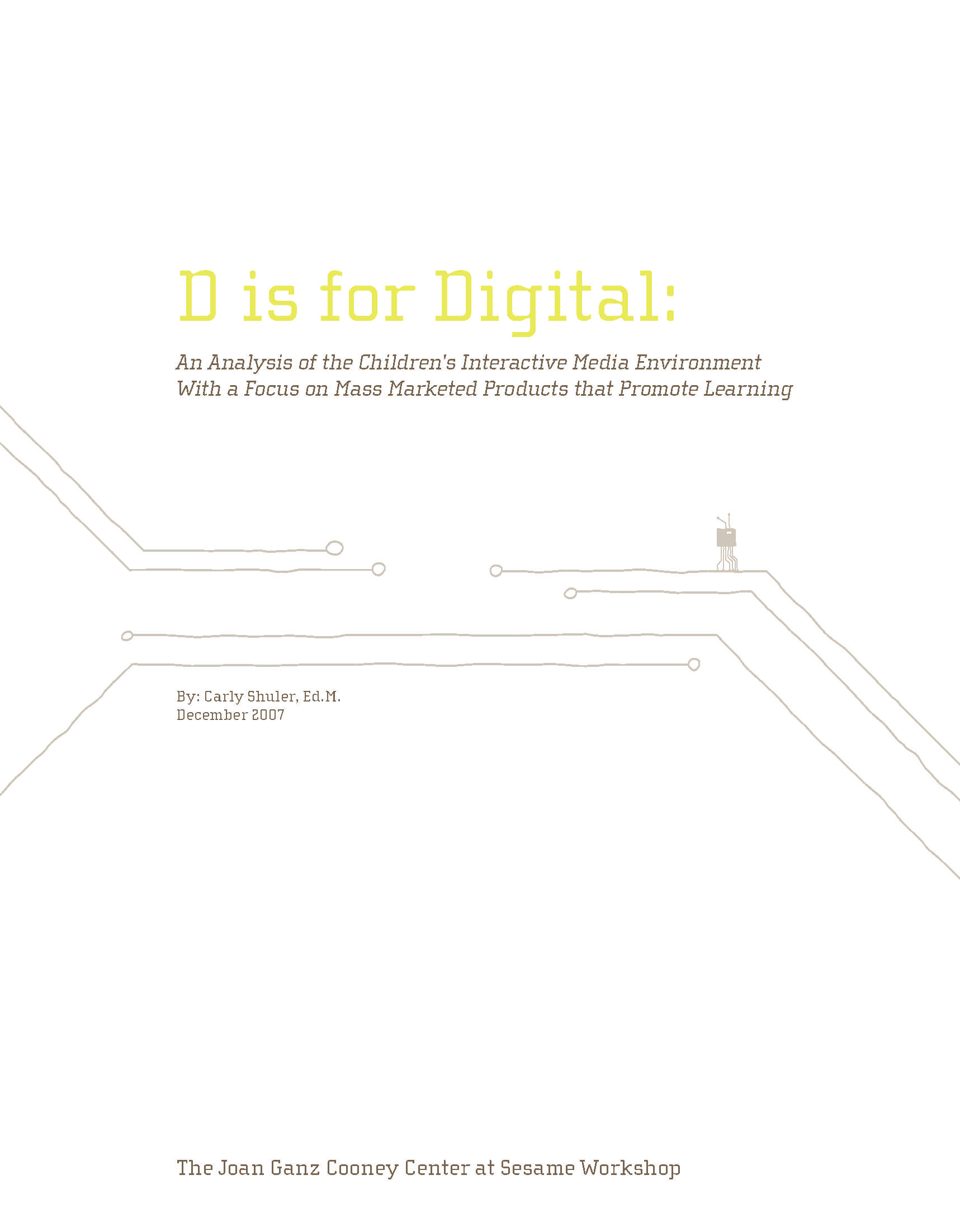When the Cooney Center published D is for Digital over 10 years ago, our goal was to insert the positive potential of kids media into the national conversation around children’s learning. One thing I can say with certainty is that we never imagined that a global pandemic would push digital media into the forefront of that conversation. Yet, here we are.

This sudden insurgence of demand for informal educational technology (by that I mean educational technology products for the home, not the classroom) creates an interesting context for developers like us at Hoot Reading. I’m sure I speak for other developers in saying that we are very grateful to have this issue—to be in an industry that is exploding when so many are suffering. Yet, it is also overwhelming.
So I am writing this blog in the hopes of starting a conversation amongst developers of high-quality, research based educational technologies for use in the home. Like many of you, the first step once we heard about schools closing was coming up with options that felt right. We approached this through three lenses.
- First, we wanted to allow as many families as possible to do Hoot Reading, understanding that most families are experiencing the burden of increased costs and decreased income.
- Second, we needed to make sure that our teachers and staff get paid for their hard and important work, without asking anyone to work at less than their usual salary.
- And finally, understanding that the families most at risk will not be able to afford even our discounted rate, we wanted to make sure that we have a social impact plan for at-risk kids.
You can check out what we came up with here. We welcome thoughts, feedback and ideas!
Although this is clearly an unprecedented time, in some ways, from a developer perspective, it feels almost familiar: remember when the App market for children took everyone by surprise 10 years ago? As someone who documented that market early on, here are some of my fears for our industry in the days ahead:
- The notion of free: There is a lot of pressure right now for free resources. My worry is that we are going to creep back into the mentality of the early App store days, where parents had an expectation that things would be very free or cheap. This does not create a viable space for many quality developers. The expectation of free can make the business difficult for many of the “magic” developers, and allow the “dust” to rise to the top of charts.
- Information overload: As a parent, I am getting inundated with lists of thousands (yup, thousands) of educational resources. In a time that is overwhelming to say the least, are parents feeling more rather than less stressed by the information overload? Perhaps they would be better served by curated lists from trusted sources such as Common Sense Media.
- Research and quality: How can a parent, child, or educator know if a product is actually proven to be educational, or simply marketed as such? The children’s digital media market is replete with products that advertise unsubstantiated educational claims. The good news is that there are many amazing, research-based educational options that parents and families can use to support their lives and learning. The challenge is, how do they know which ones actually work?
- Widening the gap: Summer learning loss is known to be significantly more severe for at-risk kids, widening the gap between the rich and the poor. Access, family situation, parental engagement—there is just so much at play in these families. Likely, we will need a multi-sector approach, and my guess is that the most impactful interventions will be facilitated through a concerted effort of schools or other youth-serving organizations, and frankly much of which may happen once schools and other organizations are back up and running.
These are uncertain times, but one thing that is certain for developers of children’s media is that there is a spotlight on us right now. As the recent New York Times article proclaimed, “Coronavirus Ended the Screen-Time Debate. Screens Won.” My simple hope is that we as an industry can work together to make sure that we are tapping into the positive potential of these screens for learning—and perhaps even more importantly in these times—for socializing.
 Carly Shuler is co-founder and CEO of Hoot Reading. Our inaugural Cooney Center Fellow, Carly has worked with a host of children’s media and entertainment groups, including Kindoma, Spin Master Toys, the Michael Cohen Group, and WGBH. She holds a master’s degree in Technology, Innovation, and Education from the Harvard Graduate School of Education, where she studied how media and technology can be used to educate children effectively.
Carly Shuler is co-founder and CEO of Hoot Reading. Our inaugural Cooney Center Fellow, Carly has worked with a host of children’s media and entertainment groups, including Kindoma, Spin Master Toys, the Michael Cohen Group, and WGBH. She holds a master’s degree in Technology, Innovation, and Education from the Harvard Graduate School of Education, where she studied how media and technology can be used to educate children effectively.

